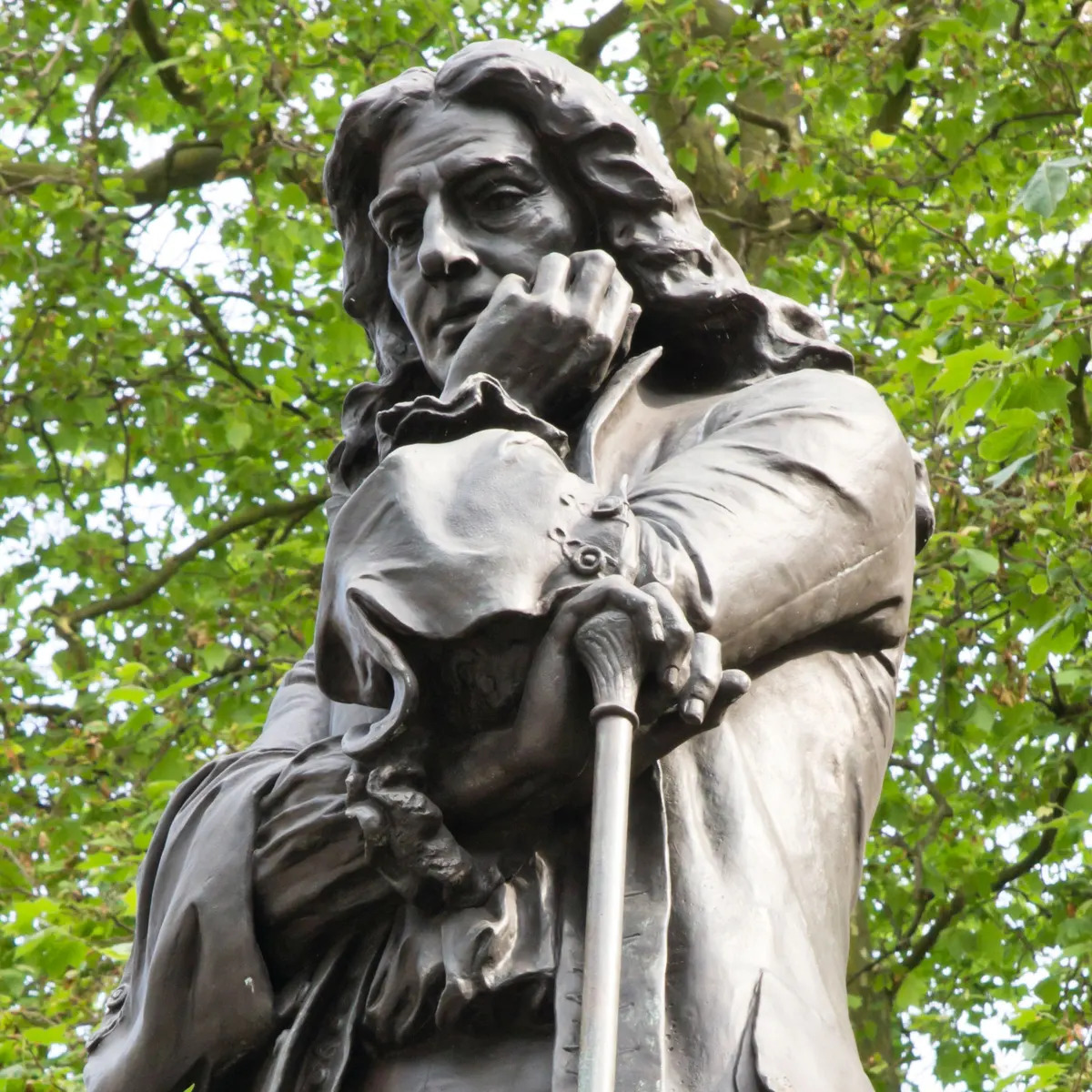If you like reading about philosophy, here’s a free, weekly newsletter with articles just like this one: Send it to me!
Dan Demetriou is an associate professor of philosophy at the University of Minnesota, Morris. An ethicist and social-political philosopher, he is the co-editor of “Honor in the Modern World” (Lexington/Rowman and Littlefield, 2016) and has recent and forthcoming work in the areas of sex ethics, monument ethics, gun rights, and migration ethics.
Prof. Demetriou, welcome to Daily Philosophy and thank you for agreeing to this interview! You are an expert in colonial monuments. I always find it amazing that some people totally own their field and this is the case with you. I tried to Google “ethics of colonial monuments” and all that comes up are your publications… So you have been working on this topic for a long time now?
My collaborator is Ajume Wingo, who’s a Cameroonian philosopher, who teaches at Colorado and is a friend and mentor of mine. We published the first wave of discussions about monuments in 2017. And that was just as the Decolonize South Africa movement had started.
There is this big public discussion about colonial monuments, which comes and goes in waves and it has included very diverse phenomena. There was a discussion in South Africa, but there has also been a discussion in England and there has been a problem in the United States, with those Southern generals’ monuments. Do you think that these discussions are really similar? Are they about the same thing? Should they be treated in similar ways, or do we have to consider the differences between these cultures and the historical background and therefore perhaps arrive at different conclusions in these three cases, for example?
Yes, I do. For instance, it matters how much of the population that cares about the monuments are still represented in the area.
Let’s say we’re talking about British memorials in India where almost all the British have left. That’s a different situation than, say, Afrikaner memorials in South Africa where the people who erected them are still there, and they are still supposedly part of this South African family. So that would be different. There are other things too, like whether the monuments are for someone who is ostensibly a founder of the nation. In the case of America, maybe like George Washington or Jefferson, but who also were people who had slaves. So, yes, these these things matter a lot.
You mentioned that this is not only a problem of classic colonialism. I think of monuments of the Soviet era in ex-Soviet countries. You had the Stalin or Lenin …
Read the full article which is published on Daily Philosophy (external link)





